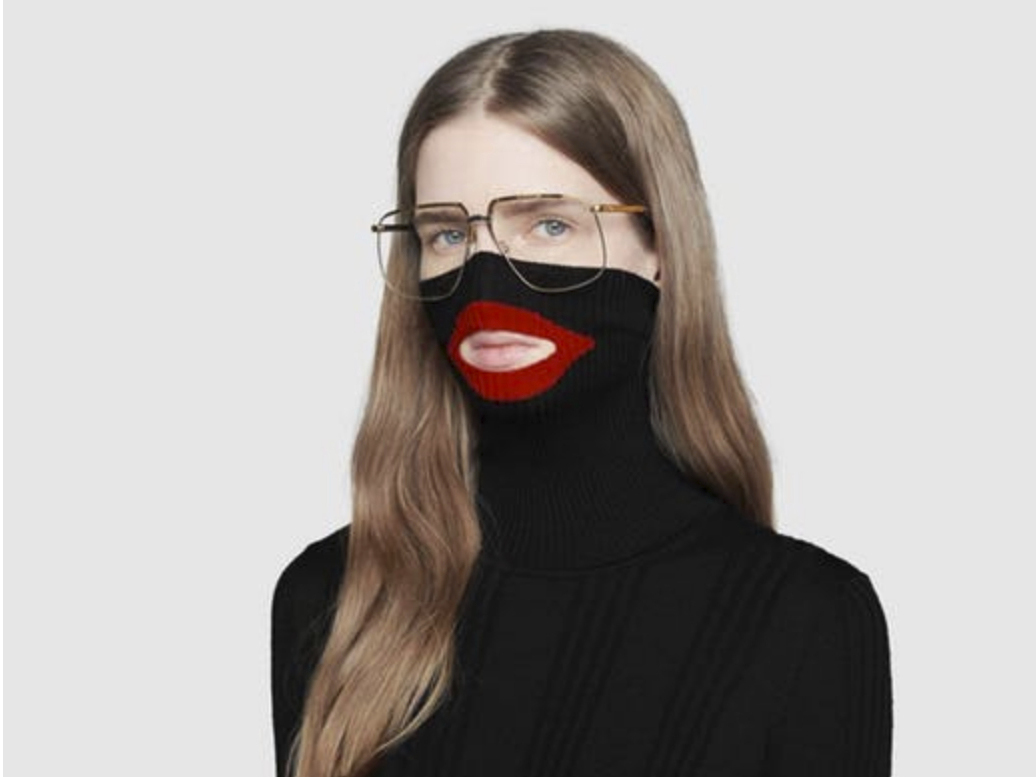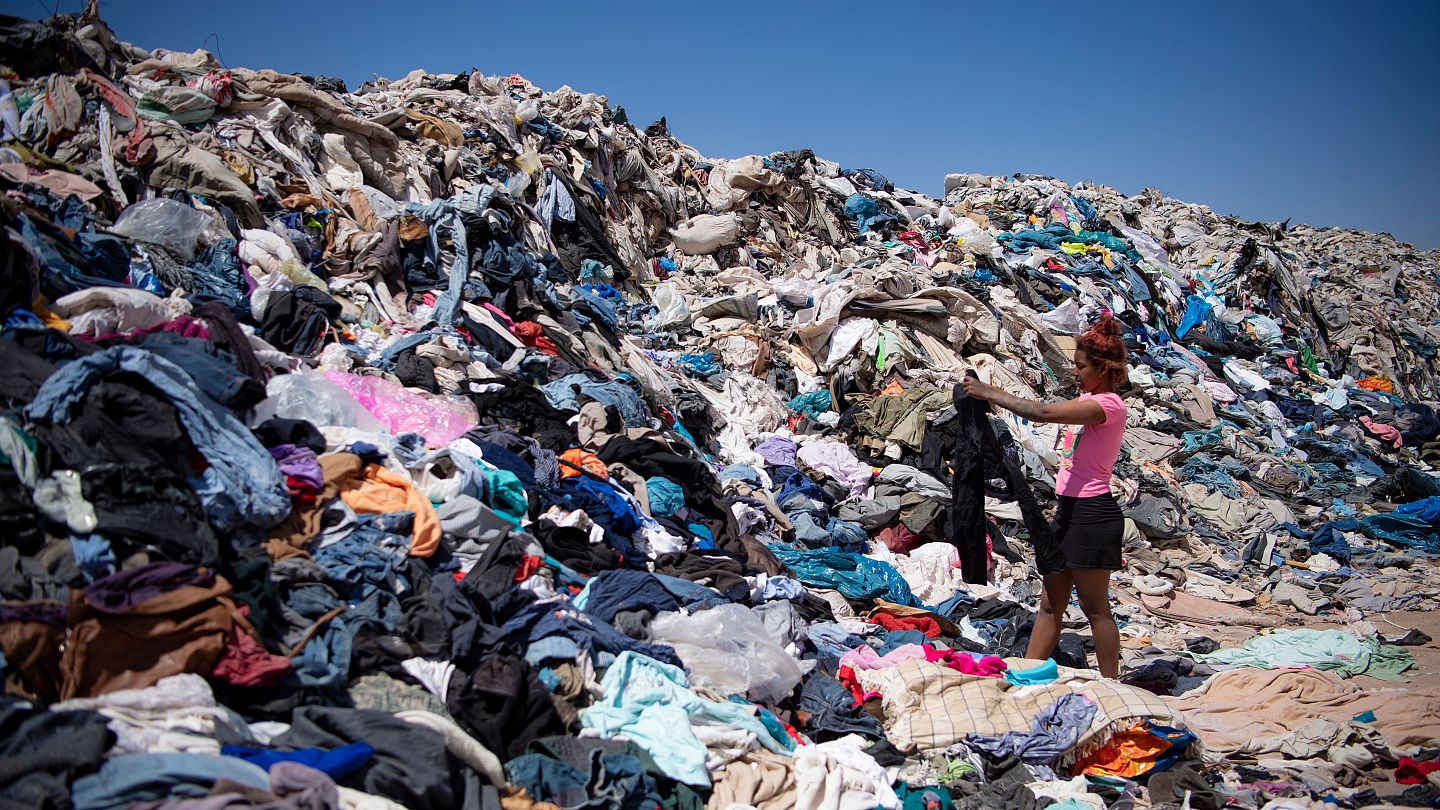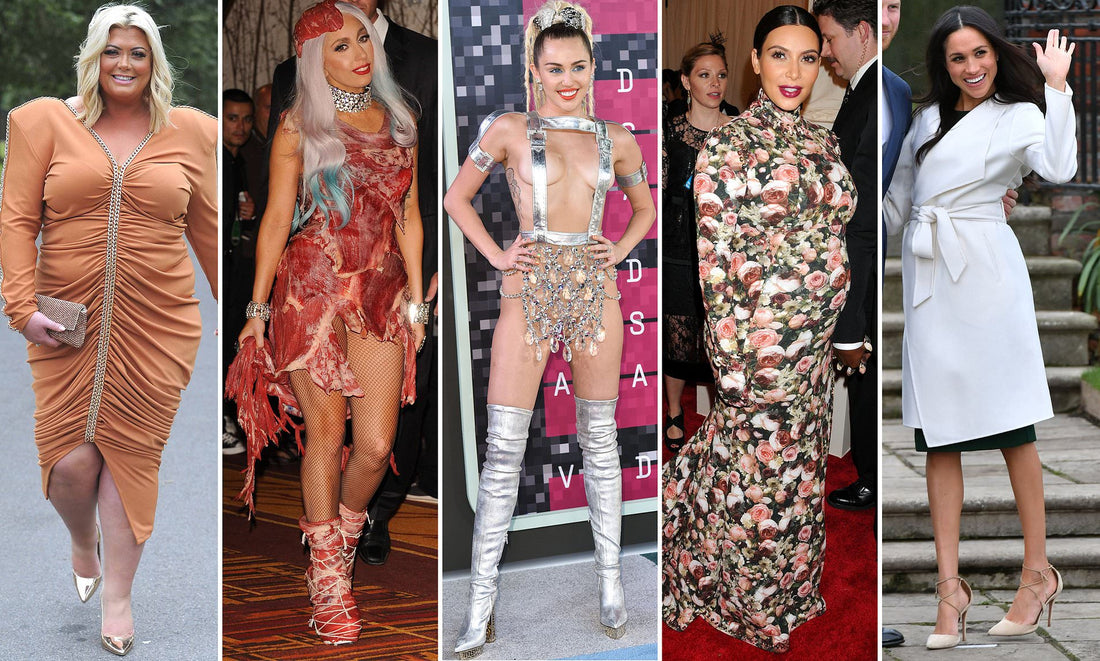In the ever-evolving world of fashion, designers often push boundaries and experiment with new concepts. However, not every innovation is met with applause. In fact, some designer fashion items and trends have been met with outright disdain, sparking intense backlash from critics and consumers alike. From bizarre designs to controversial marketing campaigns, the fashion industry has seen its fair share of missteps. In this blog post, we'll take a closer look at some of the worst designer fashion items and trends and explore the backlash they received.
The Rise of Ugly Fashion:
In recent years, there has been a peculiar trend in the fashion industry known as "ugly fashion." This trend embraces unconventional designs and deliberately challenges traditional notions of beauty. One infamous example of this trend is the rise of "dad sneakers." These chunky, orthopedic-looking sneakers gained popularity among fashion enthusiasts despite their polarizing appearance. However, while some embraced the trend as a form of rebellion against conventional aesthetics, others criticized it as a blatant attempt to sell overpriced footwear under the guise of irony.

Another notable example of ugly fashion is the emergence of "ugly sweaters" as a holiday fashion staple. What was once a source of embarrassment during family gatherings has now become a sought-after fashion statement, with designers cashing in on intentionally tacky designs. While some appreciate the humor and nostalgia associated with ugly sweaters, others argue that it perpetuates wasteful consumerism and undermines the true spirit of the holiday season.
The Backlash Against Cultural Appropriation:
Cultural appropriation has long been a contentious issue in the fashion industry, with designers facing backlash for appropriating elements of marginalized cultures without proper acknowledgment or respect. One infamous example of this was when luxury fashion house Gucci faced criticism for releasing a sweater that resembled blackface imagery. The sweater, featuring a high neckline with a cutout for the mouth outlined in red, sparked outrage among consumers and activists who accused the brand of perpetuating racist stereotypes. Gucci issued an apology and promptly removed the offending sweater from stores, but the incident served as a stark reminder of the importance of cultural sensitivity in fashion.

Similarly, another luxury brand, Dolce & Gabbana, faced backlash for its controversial marketing campaign in China. The campaign featured a series of videos depicting a Chinese woman struggling to eat Italian food with chopsticks, accompanied by stereotypical music. Chinese consumers and celebrities took to social media to express their outrage, calling for a boycott of the brand. In response to the backlash, Dolce & Gabbana issued an apology and canceled the Shanghai fashion show that was set to take place. The incident highlighted the power of social media in holding brands accountable for their actions and reinforced the need for cultural awareness in the fashion industry.
Gendered Fashion and the Push for Inclusivity:
For decades, the fashion industry has been criticized for its perpetuation of rigid gender norms through clothing design. From pink princess dresses for girls to rugged workwear for boys, many designers have been guilty of reinforcing stereotypes through their collections. However, in recent years, there has been a growing push for gender inclusivity in fashion, with brands increasingly embracing androgynous designs and breaking free from traditional gender binaries.
One designer who has been at the forefront of this movement is Alessandro Michele of Gucci. Michele's collections often feature gender-fluid clothing and casting, challenging the notion of what is considered masculine or feminine. While his designs have been celebrated for their progressive outlook, they have also faced criticism from conservative quarters who argue that they blur the lines of traditional gender roles. Nevertheless, Michele remains steadfast in his commitment to pushing boundaries and promoting inclusivity in fashion.

The Rise and Fall of Fast Fashion:
Fast fashion, characterized by its rapid production of inexpensive clothing inspired by the latest runway trends, has been a dominant force in the fashion industry for decades. However, in recent years, the tide has begun to turn against fast fashion as consumers become more aware of its environmental and ethical implications. From sweatshop labor to textile waste, the dark side of fast fashion has been exposed, leading to widespread calls for change.
One of the most high-profile examples of backlash against fast fashion occurred in the aftermath of the Rana Plaza disaster in Bangladesh. The collapse of the Rana Plaza garment factory in 2013, which resulted in the deaths of over 1,100 workers, served as a wake-up call for the fashion industry and consumers alike. The tragedy shed light on the harsh realities of fast fashion production and prompted calls for greater transparency and accountability from brands.
In response to the backlash, some fashion brands have begun to adopt more sustainable and ethical practices, embracing concepts such as slow fashion and circularity. However, the fight against fast fashion is far from over, with many activists and organizations continuing to push for systemic change within the industry.

In the world of fashion, experimentation and innovation are essential for progress. However, not every design or trend is met with open arms. From cultural appropriation to environmental degradation, the fashion industry has faced its fair share of backlash over the years. As consumers become more conscious of the impact of their purchasing decisions, brands must strive to listen to feedback, learn from their mistakes, and evolve with the times. Ultimately, by embracing diversity, inclusivity, and sustainability, the fashion industry can chart a course towards a more ethical and responsible future.


